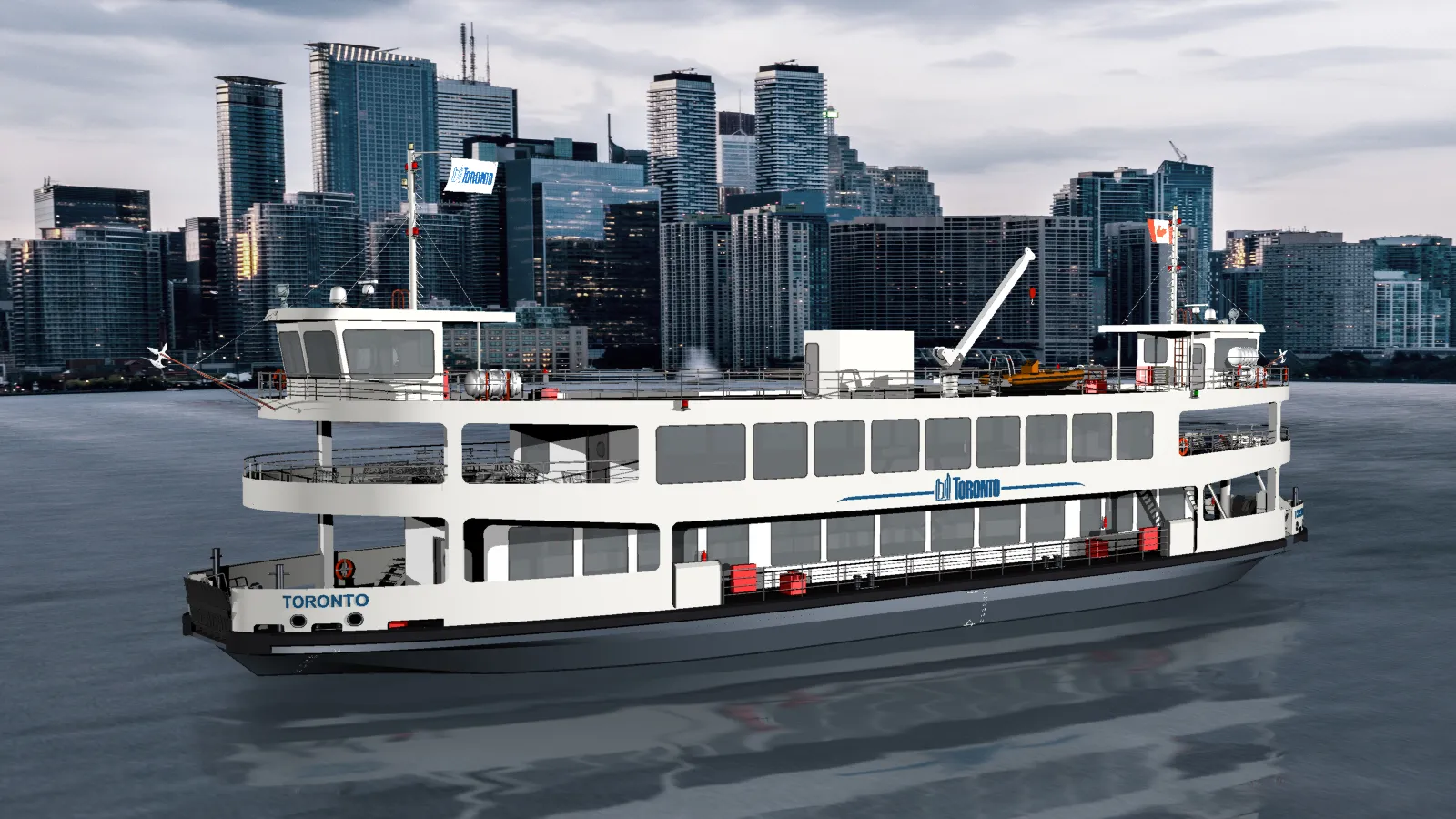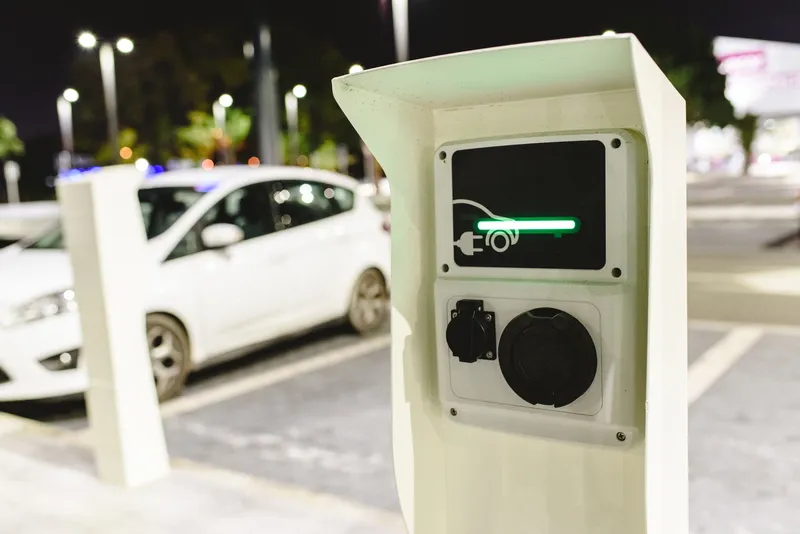
A new report by Toronto's authorities suggests replacing its ferries with electric versions in a move that could reduce 2,800 tonnes of greenhouse gas emissions annually.
The Canadian city says primary vessels and one heritage vessel transport more than 1.4 million passengers and around 5,000 vehicles to Toronto Island Park.
The initial ferry replacement strategy proposed the use of hybrid diesel-electric technology, but the new report recommends a plan to replace the four primary vessels over a 15-year period.
The document – submitted by the City staff in Parks, Forestry and Recreation (PFR) – recommends an increase in funding for the additional construction of support services required to advance a fully electric design for the ferries and the required shore-side infrastructure.
According to the report, this change will lead to annual savings of up to $1.1 million once the full fleet is replaced, while the projected payback would be within 20 years.
Current estimates for the completed designs range between $23 and $25 million per vessel. Additional costs for shore-side infrastructure will be required.
The shift to full electrification supports the Canadian city's commitment to achieve net zero city-wide greenhouse gas emissions by 2040. In particular, this initiative aids a target of transitioning 20% of the city fleet to zero emissions by 2025 and 50% by 2030.
The General Government and Licensing Committee will consider the report.










